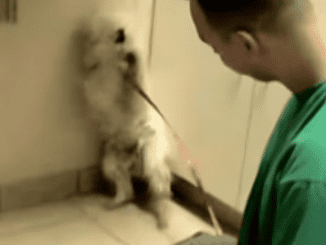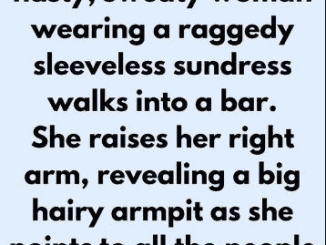We all adore our dogs—they bring joy, companionship, and unconditional love into our lives. Naturally, we want to express our affection through gestures like giving them a big hug. But have you ever considered that your furry friend might not enjoy this gesture as much as you do? In fact, some experts suggest that hugging may lead to increased stress for your dog. Let’s explore why this common display of affection might not be as welcome as you think.
The Science Behind Hugging Your Dog
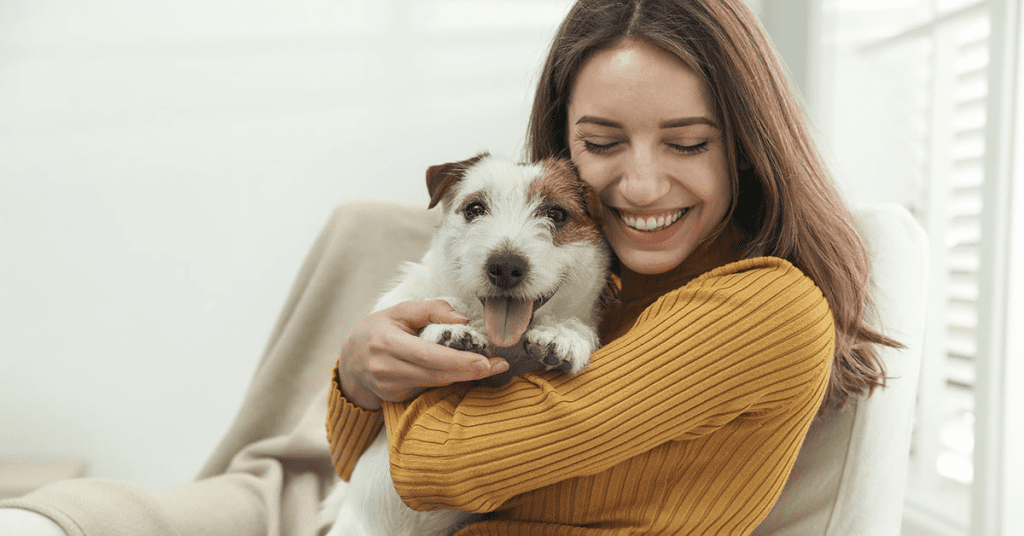
Dr. Stanley Coren, a professor emeritus in psychology at the University of British Columbia, conducted a fascinating study on the effects of hugging dogs. Analyzing 250 images of people hugging their dogs from online sources, he discovered something surprising: approximately 81.6% of the dogs displayed signs of distress. These signs included behaviors like turning their heads away, partially closing their eyes, holding their ears low, licking their lips, yawning, or raising a paw—clear indicators of anxiety in dogs.
Why Dogs Might Not Appreciate Hugs
To understand why dogs may not enjoy hugs, it’s essential to consider their evolutionary history. Dogs are cursorial animals, built for running and fleeing from threats. When you hug them, they might feel trapped and unable to escape, triggering stress and anxiety. This instinct to maintain freedom of movement is a fundamental part of their nature, making hugs potentially uncomfortable for them.
Potential Risks for Children
Hugging dogs can be especially risky when young children are involved. Facial bites often occur when a child hugs a dog, as the dog may feel cornered or stressed and react defensively. While some dogs tolerate hugs from familiar individuals, they might not react well to hugs from strangers or young kids. It’s crucial to educate children on safe ways to interact with dogs, promoting a positive relationship while preventing accidents.
Expert Opinions on Hugging Dogs
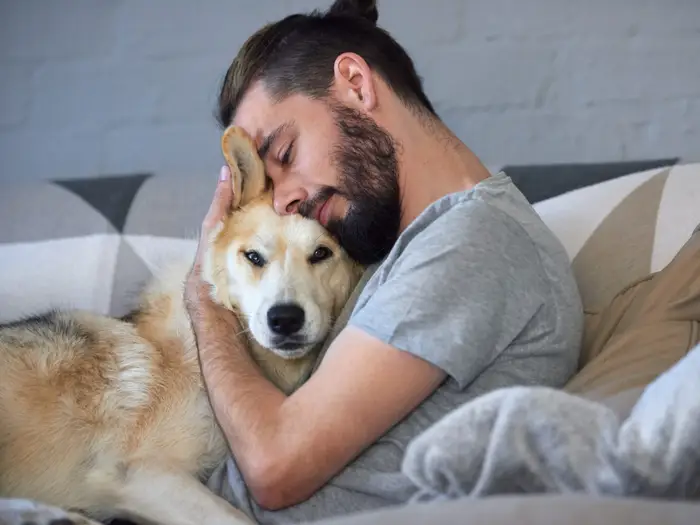
While some may dismiss the idea that dogs dislike hugs, expert opinions highlight the need for caution. Dr. Marc Bekoff, a professor emeritus of ecology and evolutionary biology at the University of Colorado, Boulder, points out that dogs have individual personalities. Some may enjoy hugs, while others do not. Respecting their preferences and being mindful of their comfort levels is essential. If you’re unsure whether your dog enjoys hugs, it’s safer to explore alternative ways to show affection.
Reading Your Dog’s Body Language
Understanding your dog’s body language is crucial in determining their feelings about hugs. Look for signs of discomfort, such as stiffness, turning their head away, half-moon eyes (where the whites of their eyes are visible), lowered ears, or a tucked tail. Yawning, lip licking, nose licks, and raised paws can also indicate stress. By observing these cues, you can better gauge your dog’s emotional state and adjust your interactions accordingly.
Alternatives to Hugging Your Dog
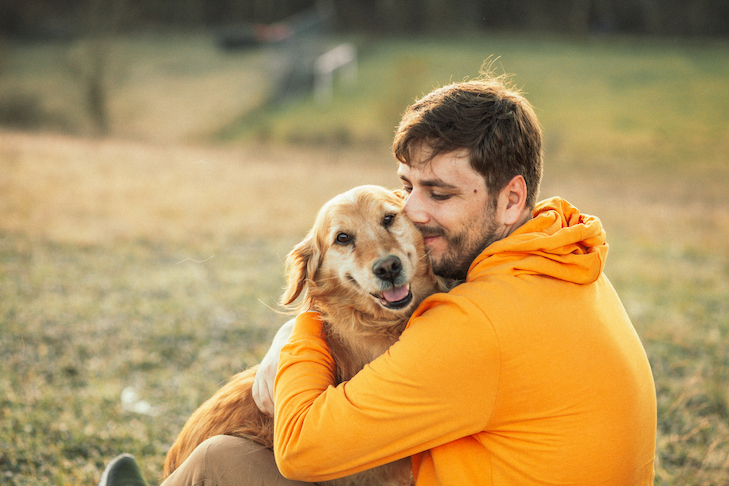
Fortunately, there are plenty of ways to express your love without resorting to hugs. Dr. Coren suggests alternatives like gentle pats, kind words, and treats. Dogs often appreciate belly rubs, scratches behind the ears, and engaging play like fetch or hide-and-seek. Positive reinforcement training sessions can also provide a fun and mentally stimulating bonding experience. By discovering what your dog enjoys, you can tailor your interactions to their preferences, creating a stronger bond without the stress.
Creating a Positive and Safe Environment for Your Dog
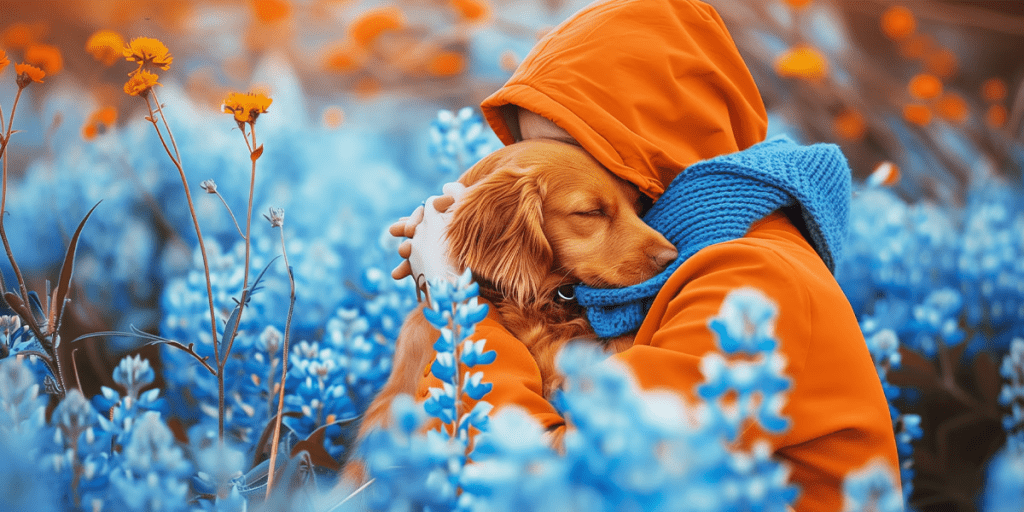
While hugging your dog might seem like a natural way to show affection, it’s vital to consider their perspective and emotional well-being. Research and expert opinions suggest that hugs can cause stress and even lead to potential risks, especially for young children. By paying attention to your dog’s cues and exploring alternative affection methods, you can foster a positive and harmonious relationship with your canine companion.
Conclusion: Finding the Right Way to Show Love
Love and care for our dogs can be expressed in many dog-friendly ways. Understanding your dog’s preferences and respecting their boundaries is key to a happy, healthy relationship. So, while you might feel the urge to hug your dog out of love, it’s worth considering whether they truly enjoy it. Instead, focus on the gestures that make your furry friend feel cherished in ways that align with their natural instincts and comfort levels. Your dog will thank you for it, even if it’s with a wagging tail rather than a returned hug!

